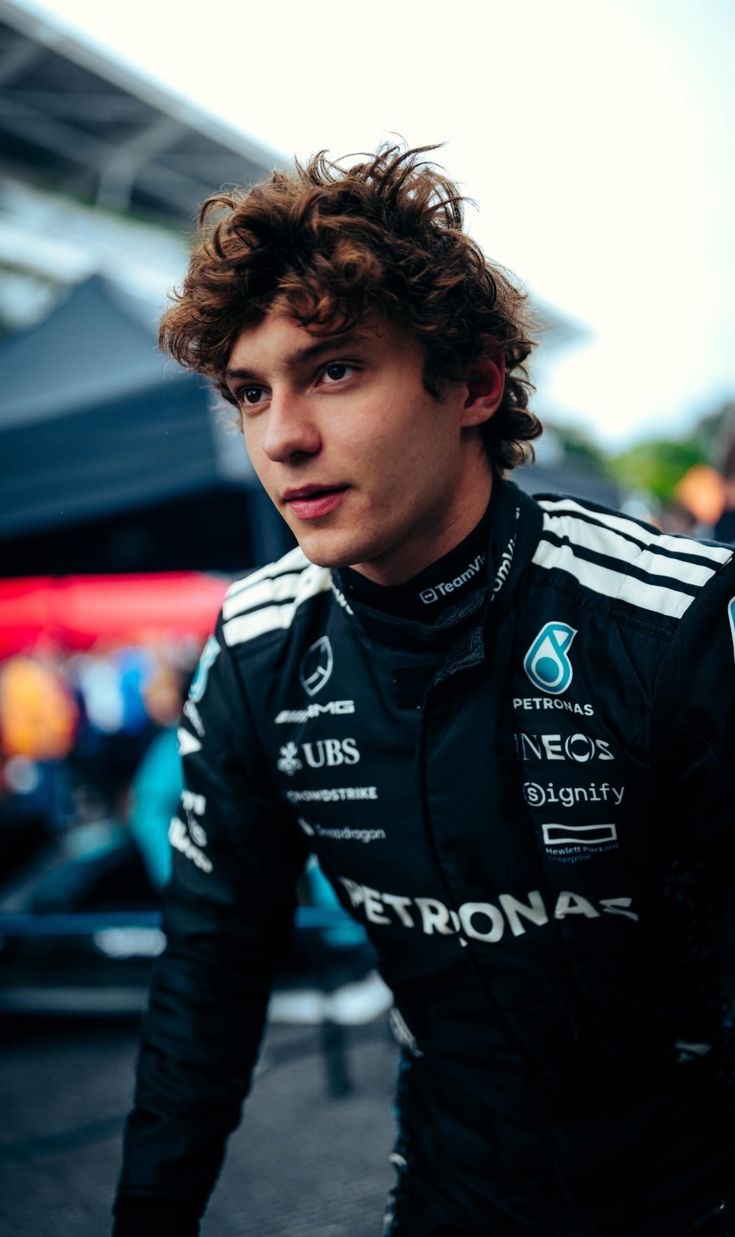The FIA has officially released a statement following McLaren’s formal appeal against the stewards’ decision not to penalize Max Verstappen for his defensive maneuver against Lando Norris during the Brazilian Grand Prix. The move, which occurred in the closing stages of the race at Interlagos, has reignited the long-standing debate about consistency and fairness in Formula 1’s race officiating.
The controversy began on Lap 56 when Norris, who had been closing in rapidly on Verstappen for second place, attempted an overtake down the inside of Turn 4. Verstappen, in his usual aggressive style, moved to defend, squeezing the McLaren wide and forcing Norris partially off the track. Though the two made slight contact, both cars escaped without serious damage. Norris, however, was forced to lift off, losing precious time and effectively ending his challenge for the podium’s higher step.
After briefly reviewing the footage, race stewards decided that no further action was necessary, classifying the duel as “hard but fair racing.” McLaren, however, was far from satisfied with that verdict. Late on Sunday night, the team officially lodged an appeal, arguing that Verstappen’s move was “overly aggressive, potentially dangerous, and inconsistent with penalties issued in similar scenarios earlier in the season.”
In an official statement released on Monday morning, the FIA confirmed receipt of the appeal and outlined the next steps in the review process:
“The FIA confirms that a notice of appeal has been received from McLaren Racing in relation to the incident involving Car 1 (Max Verstappen) and Car 4 (Lando Norris) during the Brazilian Grand Prix. The matter has been referred to the FIA International Court of Appeal. Stewards have reviewed available footage and telemetry data, and further clarification will be sought before a final decision is issued.”
The statement continued by emphasizing the FIA’s ongoing commitment to maintaining fairness and consistency in the application of race regulations:
“The FIA remains fully committed to the transparent and consistent enforcement of racing rules. The International Court of Appeal will convene at the earliest opportunity to examine all relevant data, onboard camera footage, and team radio communications before determining the outcome of the appeal.”
McLaren’s appeal has drawn significant attention throughout the Formula 1 community. Team Principal Andrea Stella defended the team’s decision, saying McLaren’s aim is not to challenge the race result directly but to push for greater consistency in stewarding decisions that impact driver safety and racing integrity.
“We respect hard racing — that’s what fans love and what the sport is about,” Stella said. “But when one driver forces another off track or uses unpredictable movements in defense, that crosses a line. We simply want clarity and fairness in how these incidents are judged going forward.”
Red Bull, meanwhile, has publicly supported Verstappen, with Team Principal Christian Horner calling the appeal “unnecessary” and defending his driver’s move as “perfectly within the regulations.” Horner added, “Max gave Lando enough space, and there was no significant contact. It was firm, fair, and what Formula 1 should be about.”
The incident has also sparked heated discussion among fans and former drivers. Some believe Verstappen’s move was typical of his aggressive but controlled style, while others argue that it mirrored situations in which other drivers have been penalized this season. Former F1 champion Jenson Button commented during post-race coverage that “if that’s not a penalty, then we need to redefine what racing room actually means.”
If the appeal is upheld, the FIA could impose a post-race penalty on Verstappen — potentially a time penalty or reprimand — which could alter the final classification. However, it’s more likely that the ruling will focus on setting a precedent for future wheel-to-wheel battles.
The FIA’s International Court of Appeal is expected to convene later this week to review the evidence, including telemetry, video footage, and radio communications between the teams and race control. The final verdict could have far-reaching implications for how on-track racing incidents are judged in the future.
For now, the motorsport world waits with bated breath as the FIA continues its review. Regardless of the outcome, one thing is clear — the Verstappen-Norris clash at Interlagos has once again exposed Formula 1’s ongoing struggle to balance pure racing excitement with fair and consistent regulation enforcement.
